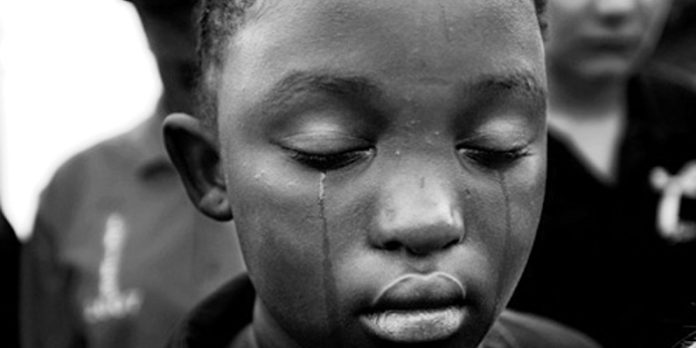Child neglect is a form of child abuse that occurs when a child has been deprived of basic needs like food, clothing, shelter, education, supervision, health care, physical, emotional, educational and even safety needs.
Child neglect is the most common form of child abuse that happens to very young children, predominately, girls.
More often than not, child neglect results from parents who either become disinterested or suffer from mental health disorders or psychological well-being, some out of inexperience, poverty, sickness, disability, divorce, extraordinary stress or even death.
Young and inexperienced parents are the most culprits of child neglect since they lack the capacity and resources to raise a child. Children end up left unattended for hours as parents tend to parties and or hangouts out of the perception that children are a burden and obstacles to their lives.
Poverty is another major contributor to child neglect. Parents’ lack of resources to provide for their children pushes them away. As this may not be a deliberate factor to child neglect, it still weighs on the psychological and developmental well-being of a child as they may develop psychiatric disorders, engage in substance abuse and in extreme cases, develop post-traumatic stress disorder while transitioning into adulthood.
Child physical neglect is abandonment, desertion, expulsion from home, and failure to provide basic, safety and physical needs. Leaving or forgetting a child in a car alone and unattended for long hours or even driving with a child while intoxicated, is also child neglect and abuse.
Truancy is educational neglect to a child where they are made or allowed to abscond from school during their mandatory school-going age. This also occurs when a child with special needs is denied their educational rights by being forced to stay at home due to their condition.
Emotional neglect is the absence of adequate affection or nurturing of a child that is most often worsened by their presence during domestic violence, parents’ maladaptive behaviours and denying a child the needed psychological care.
It is easily evident to notice a neglected child. Poor hygiene, weight loss, and soiled skin are some indicators to lack of medical care. Unkempt hair, grime undersized or oversized clothes, alcohol abuse, stealing, and absconding from school are other indicators attributed to a neglected child. If left unattended, these symptoms can lead to episodes of self-harm, harm to others and or even suicide.
As a society, it is our responsibility to identify, report to the police and or seek psychotherapy to provide help for neglected children.
Article 53 of the Constitution of Kenya 2010 states that every child has the right to be protected from abuse, neglect, harmful practices, all forms of violence, inhuman treatment, punishment, and hazardous or exploitative labour. It further states that every child has a right to parental care and protection, which includes equal responsibility of the mother and father to provide for the child whether they are married to each other or not.
When a parent neglects their duty, they may be faced with both criminal and civil sanctions, meted when the parent is reported to the police, arrested, and arraigned in court, and when found guilty, they will be convicted and sentenced accordingly.


